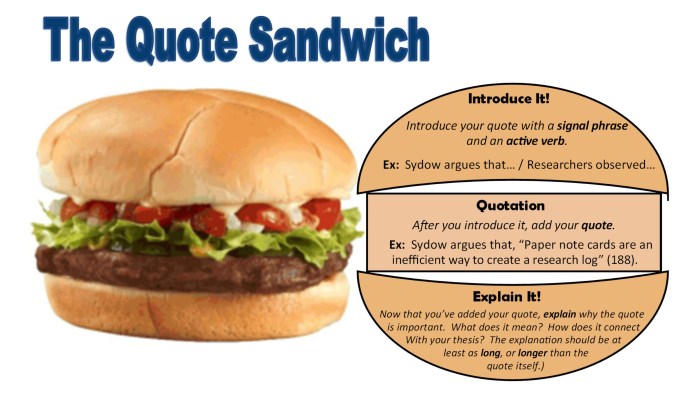Sammy will paraphrase an article for his class – Sammy’s academic journey takes an exciting turn as he embarks on a mission to paraphrase an article for his class. This endeavor promises to refine his understanding, enhance his critical thinking abilities, and elevate his writing skills to new heights.
Delving into the intricacies of paraphrasing, Sammy discovers a treasure trove of tools and techniques that empower him to transform original text into unique and insightful expressions. Guided by ethical considerations, he navigates the boundaries of academic integrity, ensuring that his paraphrased work honors the original author’s intent while showcasing his own intellectual growth.
Understanding Paraphrasing: Sammy Will Paraphrase An Article For His Class

Paraphrasing is the art of expressing someone else’s ideas or thoughts in your own words while maintaining the original meaning and intent. It is a crucial skill in academic writing, as it allows you to incorporate ideas from various sources into your own work without plagiarizing.
When paraphrasing, it is important to avoid simply changing a few words or rearranging the original text. Instead, you should focus on understanding the main points of the original text and then expressing them in your own unique way.
For example, consider the following original text:
The human brain is a complex organ that controls all aspects of our physical and mental functioning.
A paraphrased version of this text could be:
The brain, a intricate structure, governs all facets of our physical and cognitive abilities.
As you can see, the paraphrased text conveys the same meaning as the original text, but it uses different words and phrases.
Paraphrasing Tools and Techniques, Sammy will paraphrase an article for his class
There are a variety of tools and techniques available to help you paraphrase effectively. These include:
- Online paraphrasing software:These tools can automatically paraphrase text, but they should be used with caution, as they may not always produce accurate or meaningful results.
- Manual methods:These methods involve paraphrasing text by hand, using your own knowledge and understanding of the original text.
The best paraphrasing method for you will depend on your individual needs and preferences. If you are not confident in your paraphrasing skills, it is advisable to use a combination of manual and online methods.
Ethical Considerations in Paraphrasing
When paraphrasing, it is important to be mindful of ethical considerations. These include:
- Avoiding plagiarism:Plagiarism is the act of using someone else’s work without giving them credit. When paraphrasing, it is important to make sure that you are not plagiarizing the original text.
- Respecting the original author’s intent:When paraphrasing, it is important to respect the original author’s intent. This means that you should not change the meaning of the original text in any way.
To avoid plagiarism and respect the original author’s intent, it is important to cite the original source of the information you are paraphrasing. This can be done by including a footnote or endnote.
Benefits of Paraphrasing for Students
Paraphrasing can be a valuable skill for students. It can help you to:
- Improve your comprehension:When you paraphrase a text, you are forced to think deeply about the meaning of the text. This can help you to improve your understanding of the material.
- Develop your critical thinking skills:Paraphrasing requires you to analyze the original text and identify the main points. This can help you to develop your critical thinking skills.
- Improve your writing abilities:Paraphrasing can help you to improve your writing abilities by teaching you how to express yourself clearly and concisely.
Paraphrasing is a skill that can benefit students in all academic disciplines. It is a valuable tool that can help you to learn more effectively and improve your writing skills.
FAQs
What is the significance of paraphrasing in academic writing?
Paraphrasing plays a crucial role in academic writing by enabling students to demonstrate their understanding of complex concepts, avoid plagiarism, and develop their own unique writing style.
What are some ethical considerations to keep in mind when paraphrasing?
When paraphrasing, it is essential to avoid plagiarism by accurately citing the original source and ensuring that the paraphrased text conveys the original author’s intended meaning.
How can paraphrasing enhance academic performance?
Paraphrasing fosters critical thinking skills, improves comprehension, and strengthens writing abilities, ultimately contributing to improved academic performance.


